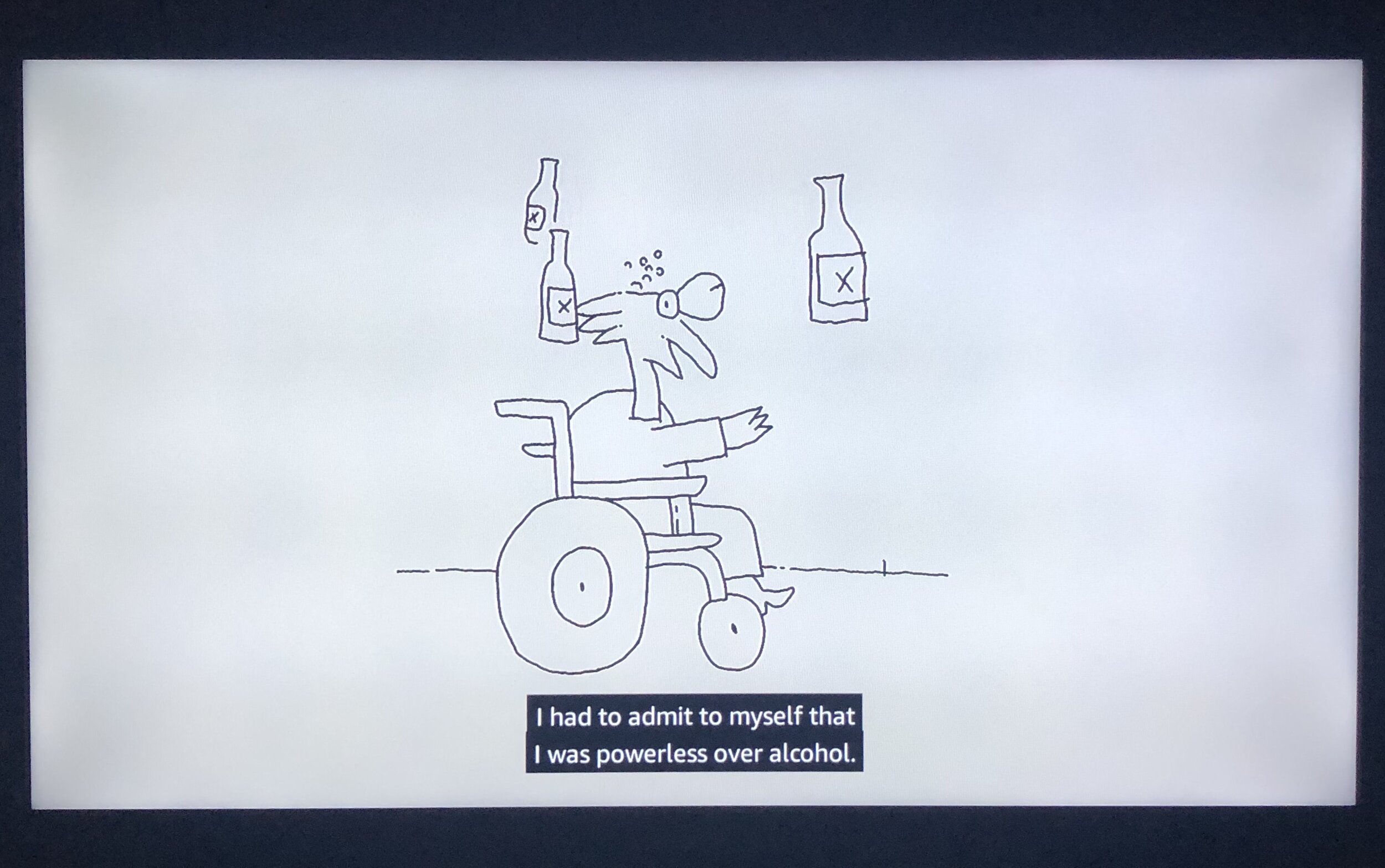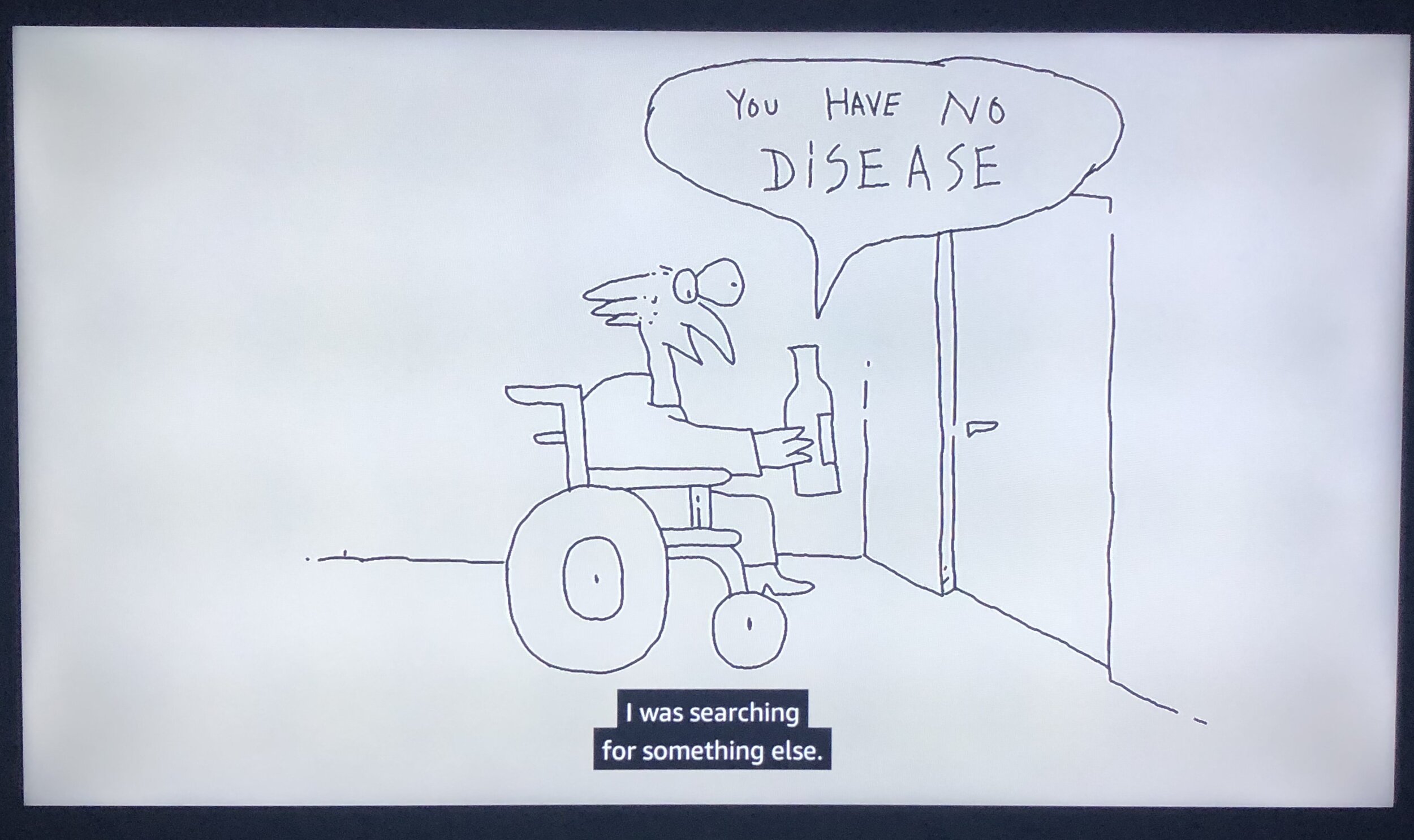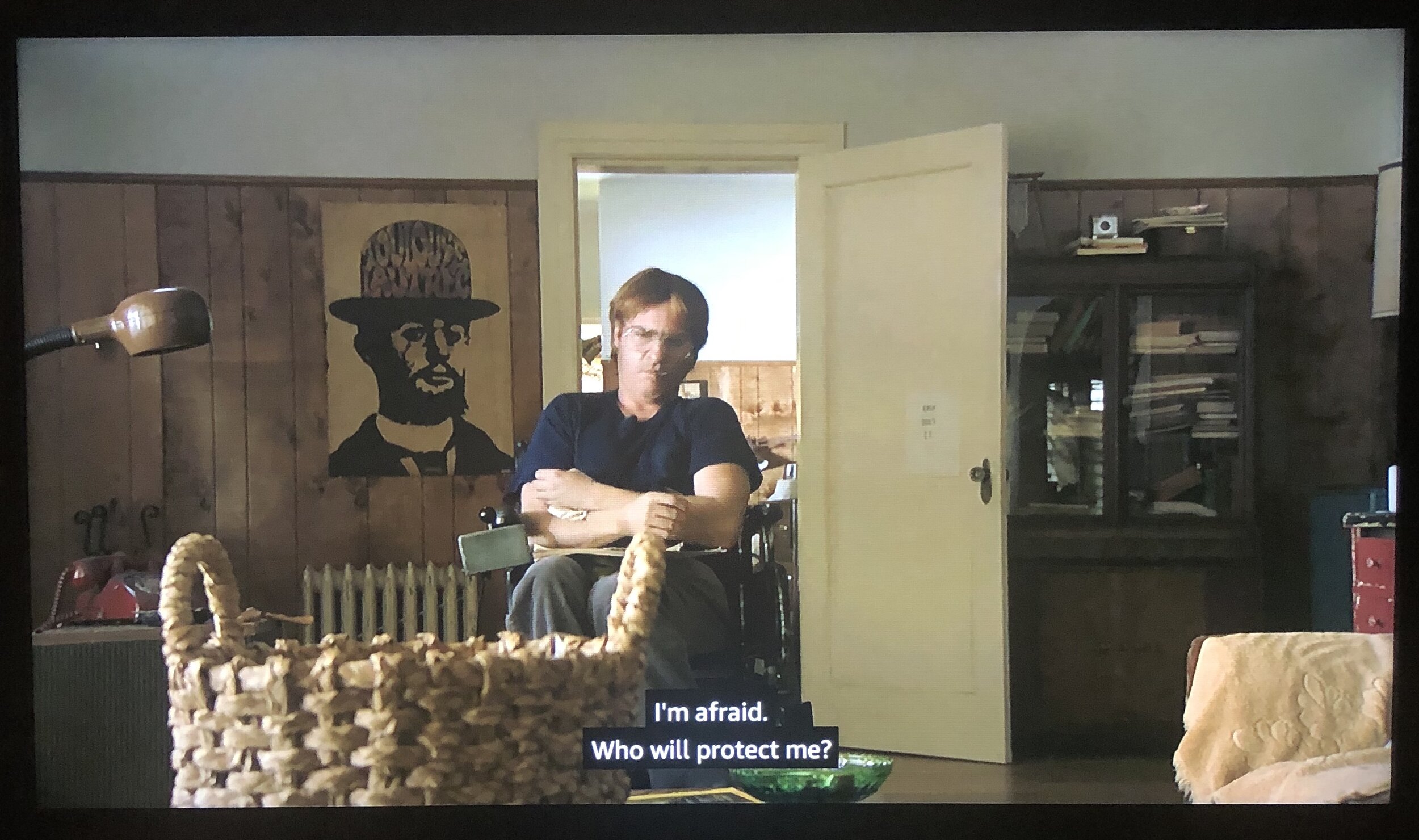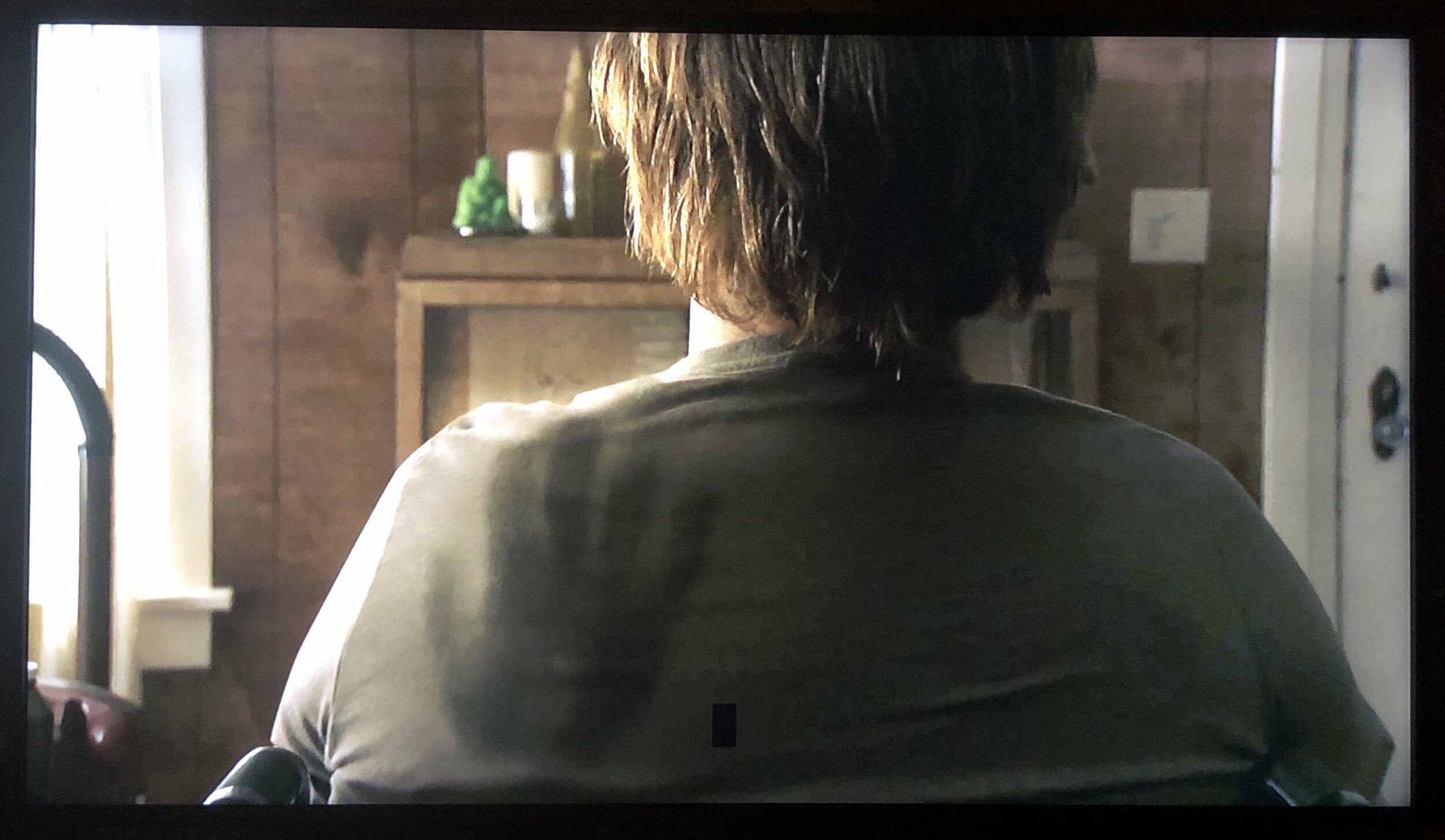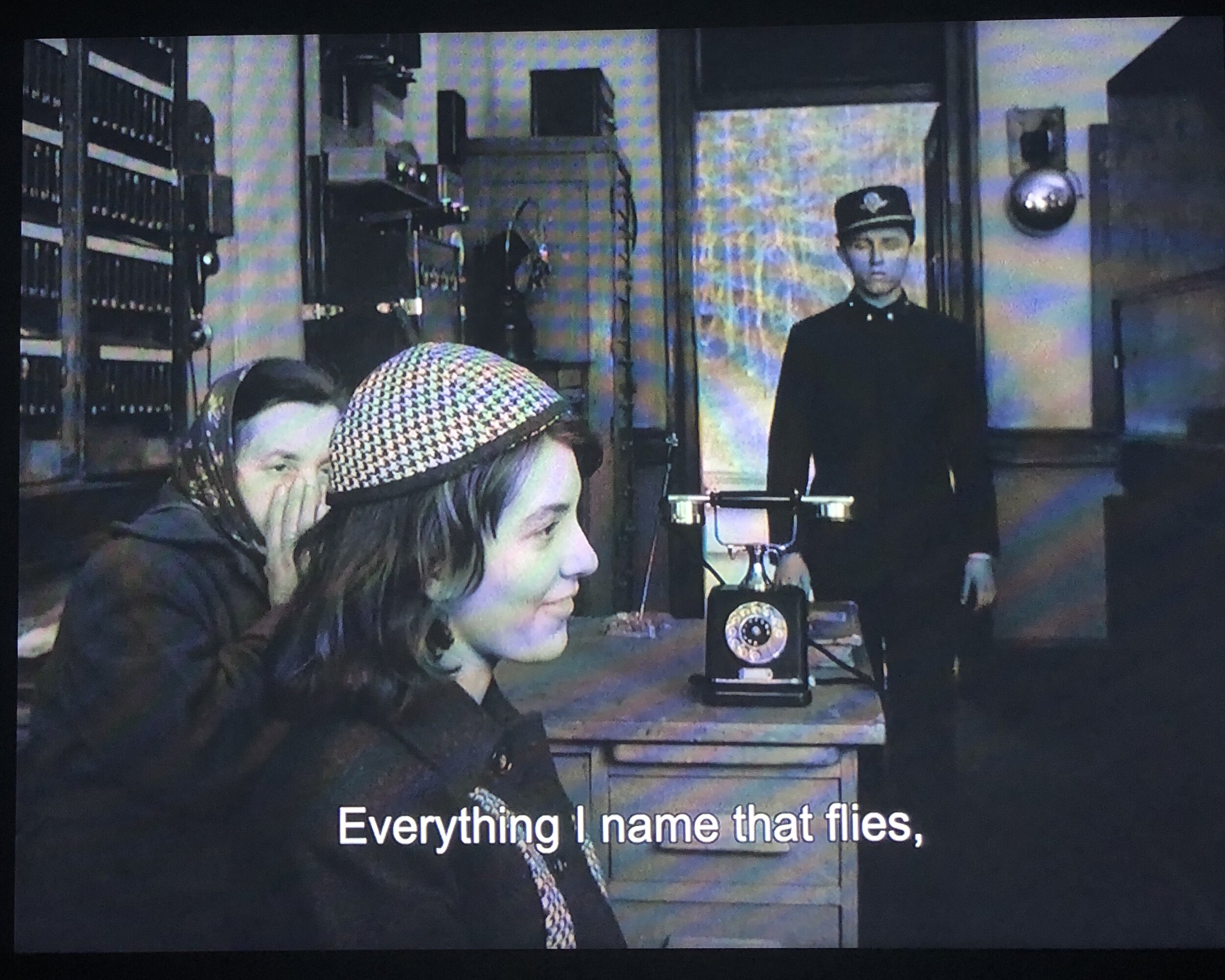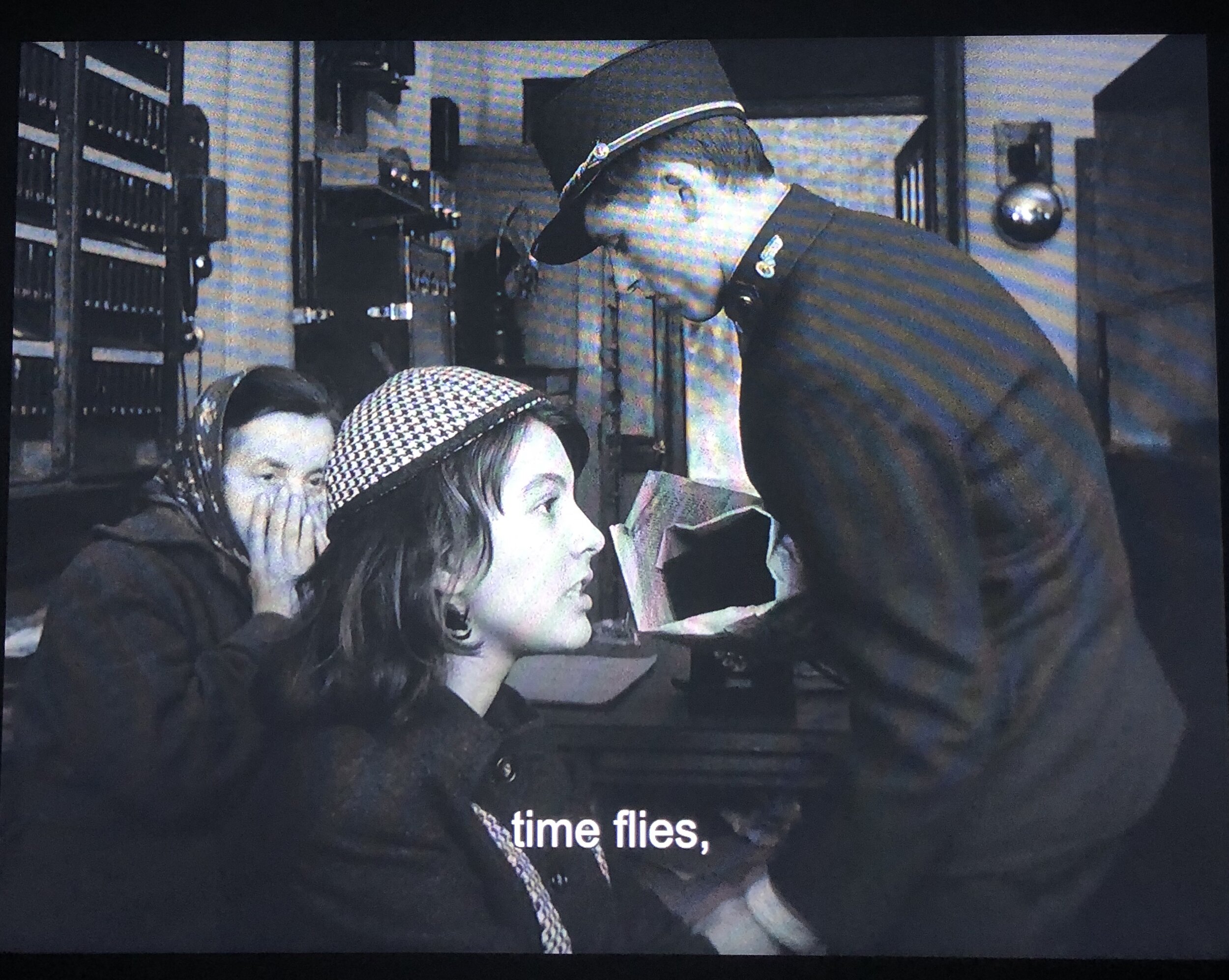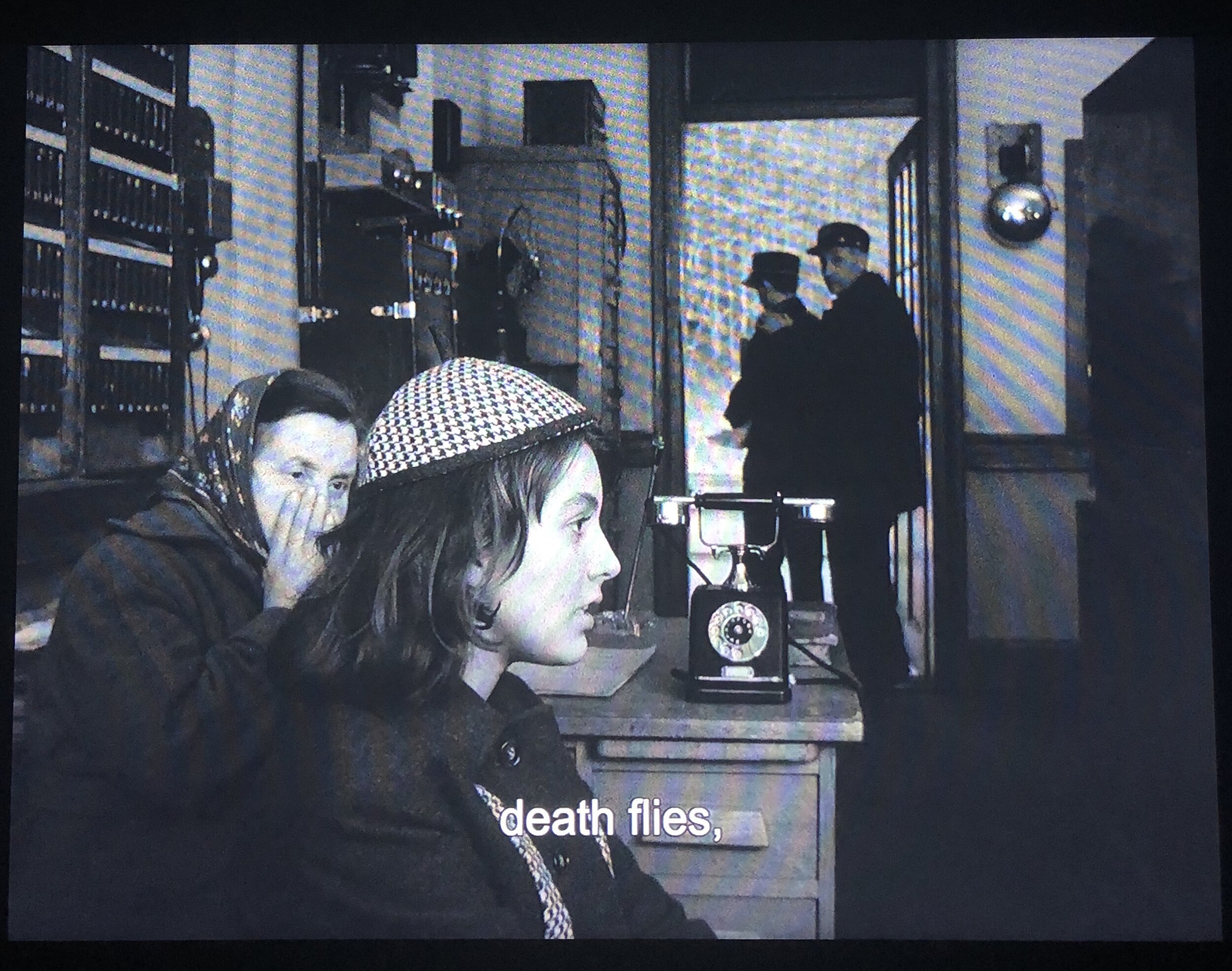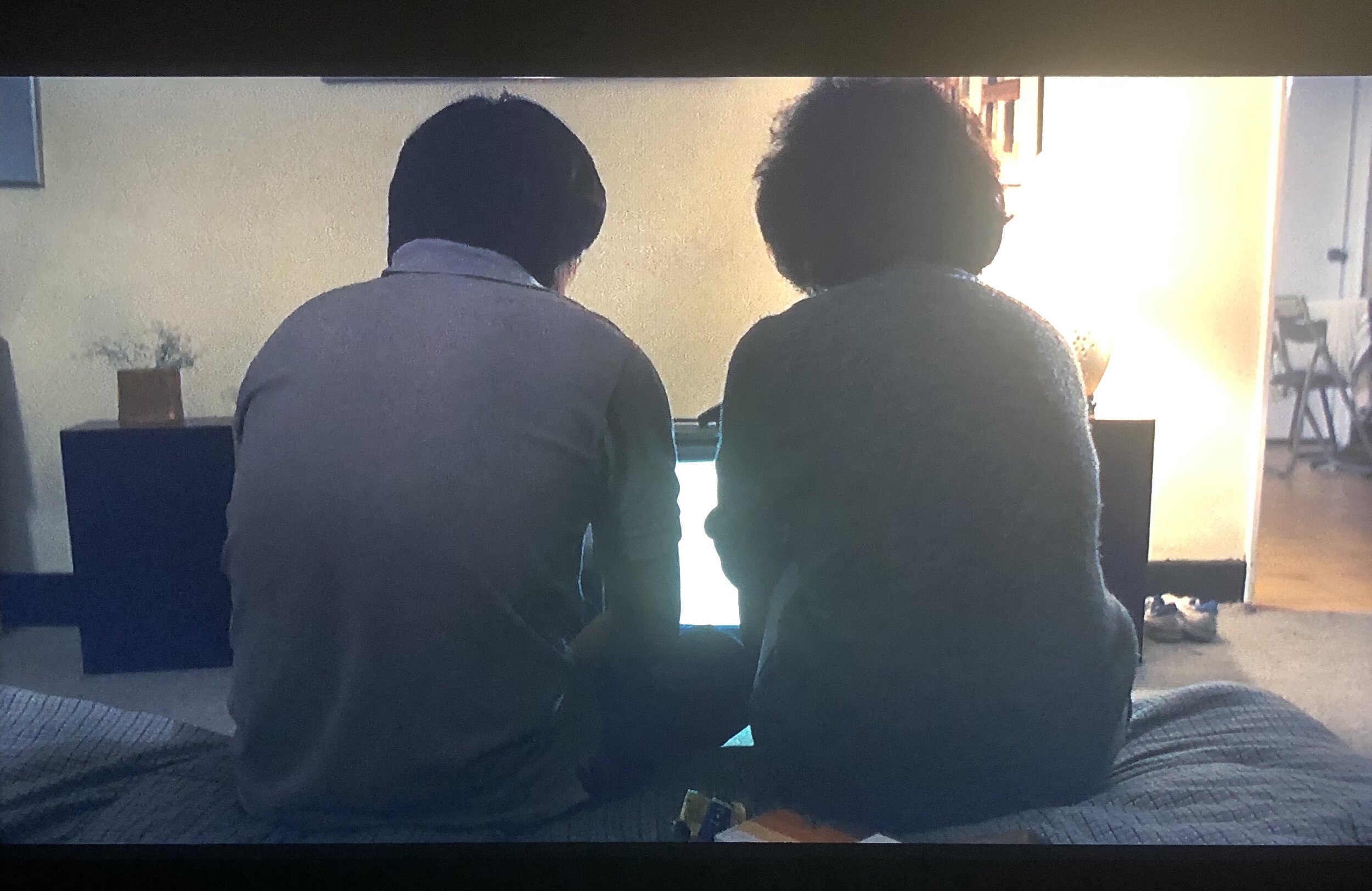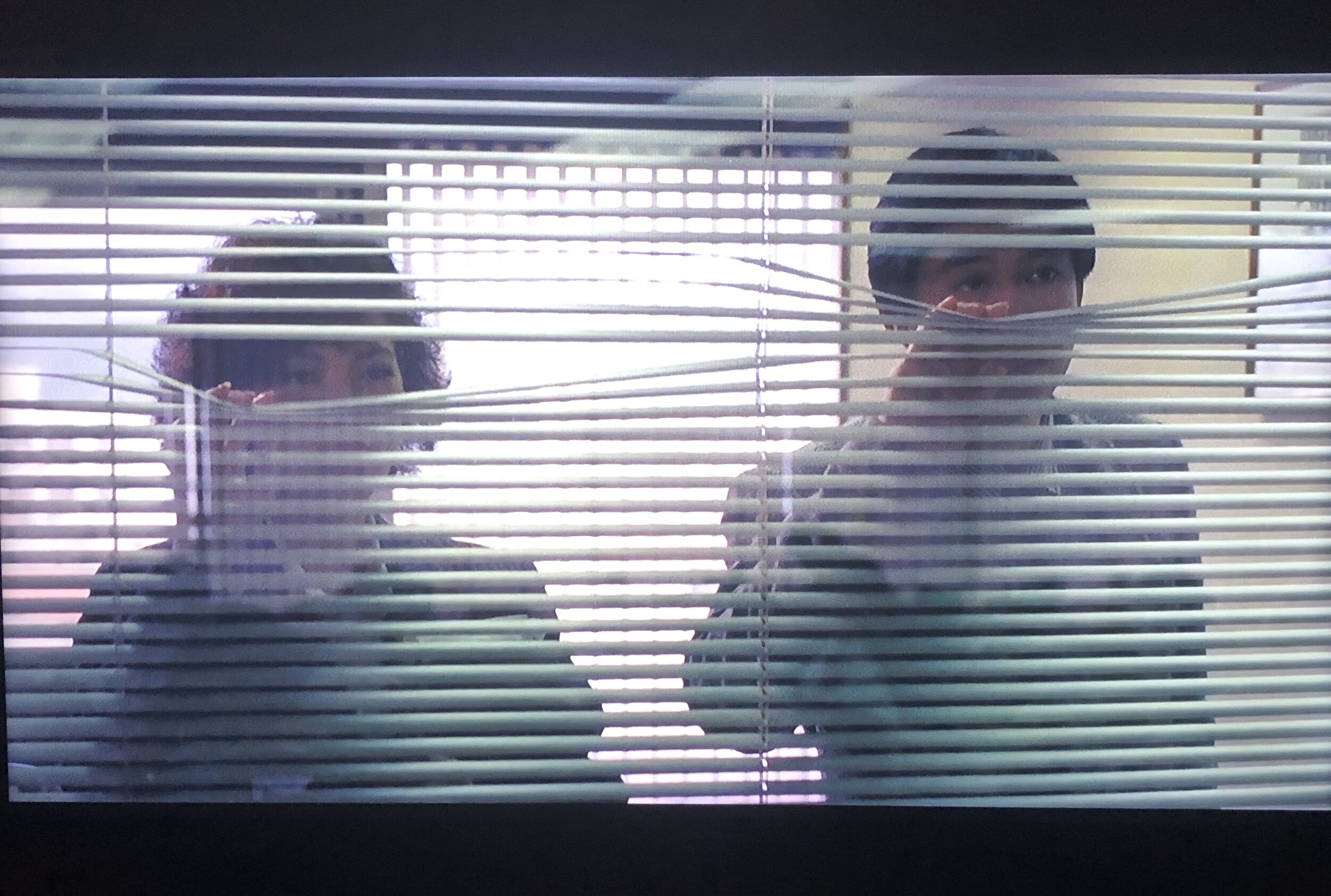Photograph by Andrew D. Bernstein / NBAE via Getty Images
From "Poem in October"
“…And I rose
In rainy Autumn
And walked abroad in a shower of all my days…”
- Dylan Thomas
Otis
A beautiful morning; nothing
died in the night.
The Lights are putting up their bean tepees.
Rebirth! Renewal! And across the yard,
very quietly, someone is playing Otis Redding.
Now the great themes
come together again: I am twenty-three, riding the subways
in pursuit of Chassler, of my lost love, clutching
my own record, because I have to hear
this exact sound no matter where I land, no matter
whose apartment—whose apartments
did I visit that summer? I have no idea
where I’m going, about to leave New York, to live
in paradise, as I have then
no concept of change, no slightest sense of what would
happen to Chassler, to obsessive need, my one thought being
the only grief that touched mine was Otis’ grief.
Look, the tepees
are standing: Steven
has balanced them the first try.
Now the seeds go in, there is Anna
sitting in the dirt with the open packet.
This is the end, isn’t it?
And you are here with me again, listening with me: the sea
no longer torments me; the self
I wished to be is the self I am.
- Louise Gluck
Aboard the Ship
It certainly resembles him, this small
pencil likeness of him.
Quickly done, on the deck of the ship:
an enchanting afternoon.
The Ionian Sea all around us.
It resembles him. Still, I remember him as handsomer.
To the point of illness: that’s how sensitive he was,
and it illumined his expression.
Handsomer, he seems to me,
now that my soul recalls him, out of Time.
Out of Time. All these things, they’re very old—
the sketch, and the ship, and the afternoon.
- C.P. Cavafy, trans. by Daniel Mendelsohn
From Gus Van Sant's "Don't Worry, He Won't Get Far on Foot" (2018)
Cutting Up an Ox
Prince Wen Hui’s cook
Was cutting up an ox.
Out went a hand,
Down went a shoulder,
He planted a foot,
He pressed with a knee,
The ox fell apart
With a whisper,
The bright cleaver murmured
Like a gentle wind.
Rhythm! Timing!
Like a sacred dance,
Like “The Mulberry Grove,”
Like ancient harmonies!
“Good work!” the Prince exclaimed,
“Your method is faultless!”
“Method?” said the cook
Laying aside his cleaver,
“What I follow is Tao
Beyond all methods!”
“When I first began
To cut up an oxen
I would see before me
The whole ox
All in one mass.
“After three years
I no longer saw this mass.
I saw the distinctions.
“But now, I see nothing
With the eye. My whole being
Apprehends.
My senses are idle. The spirit
Free to work without plan
Follows its own instinct
Guided by natural line,
By the secret opening, the hidden space,
My cleaver finds its own way.
I cut through no joint, chop no bone.
“A good cook needs a new chopper
Once a year–he cuts.
A poor cook needs a new one
Every month–he hacks!
“I have used this same cleaver
Nineteen years.
It has cut up
A thousand oxen.
Its edge is as keen
As if newly sharpened.
“There are spaces in the joints;
The blade is thin and keen:
When this thinness
Finds that space
There is all the room you need!
It goes like a breeze!
Hence I have this cleaver nineteen years
As if newly sharpened!
“True, there are sometimes
Tough joints. I feel them coming,
I slow down, I watch closely,
Hold back, barely move the blade,
And whump! the part falls away
Landing like a clod of earth.
“Then I withdraw the blade,
I stand still
And let the joy of the work
Sink in.
I clean the blade
And put it away.”
Prince Wan Hui said,
“This is it! My cook has shown me
How I ought to live
My own life!”
- Chuang Tzu, trans. by Thomas Merton
Soul
What am I doing inside this old man’s body?
I feel like I’m the insides of a lobster,
All thought, and all digestion, and pornographic
Inquiry, and getting about, and bewilderment,
And fear, avoidance of trouble, belief in what,
God knows, vague memories of friends, and what
They said last night, and seeing, outside of myself,
From here inside myself, my waving claws
Inconsequential, wavering, and my feelers
Preternatural, trembling, with their amazing
Troubling sensitivity to threat;
And I’m aware of and embarrassed by my ways
Of getting around, and my protective shell.
Where is it that she I loved has gone to, as
This cold sea water’s washing over my back?
- David Ferry
From Psalm 77
“…I remembered God, and was troubled; I complained, and my spirit was overwhelmed. Se-lah.
Thou holdest mine eyes waking: I am so troubled that I cannot speak.
I have considered the days of old, the years of ancient times.
I call to remembrance my song in the night: I commune with mine own heart: and my spirit made diligent search.
Will the Lord cast off for ever? and will he be favourable no more?
Is his mercy clean gone for ever? doth his promise fail for evermore?
Hath God forgotten to be gracious? hath he in anger shut up his tender mercies? Se-lah.
And I said, This is my infirmity: but I will remember the years of the right hand of the most High.
I will remember the works of the Lord: surely I will remember thy wonders of old.
I will meditate also of all thy work, and talk of thy doings.
The way, O God, is in the sanctuary: who is so great a God as our God?
Thou art the God that doest wonders: thou hast declared thy strength among the people.
Thou has with thine arm redeemed thy people, the sons of Jacob and Joseph. Se-lah.
The waters saw thee, O God, the waters saw thee; they were afraid: the depths also were troubled.
The clouds poured out water: the skies sent out a sound: thine arrows also went abroad.
The voice of thy thunder was in the heaven: the lightnings lightened the world: the earth trembled and shook.
Thy way is in the sea, and thy path in the great waters, and thy footsteps are not known.
Thou leddest thy people like a flock by the hand of Moses and Aaron.”
- from Psalm 77
From Thoreau's Journal
I noticed night before night before last from Fair Haven how valuable was some water by moonlight, like the river and Fair Haven Pond, though far away, reflecting the light with a faint glimmering sheen, as in the spring of the year. The water shines with an inward light like a heaven on earth. The silent depth and serenity and majesty of water! Strange that men should distinguish gold and diamonds, when these precious elements are so common. I saw a distant river by moonlight, making no noise, yet flowing, as by day, still to the sea, like melted silver reflecting the moonlight. Far away it lay encircling the earth. How far away it may look in the night, and even from a low hill how miles away even down in the valley! As far off as paradise and the delectable country! There is a certain glory attends on water by night. By it the heavens are related to the earth, undistinguishable from a sky beneath you. And I forgot to say that after I reached the road by Potter’s bars,—or further, by Potter’s Brook,—I saw the moon suddenly reflected full from a pool. A puddle from which you may see the moon reflected, and the earth dissolved under your feet. The magical moon with attendant stars suddenly looking up with mild lustre from a window in the dark earth.
- Henry David Thoreau, June 13th, 1851
Jiri Menzel - 1938-2020
From Luke
“Thus hath the Lord dealt with me in the days wherein he looked on me..”
Luke 1:25
Poster for Ildiko Enyedi's "My Twentieth Century" (1989)
From "Berlin-Hamlet"
11. [Schoneweide]
[i]
I know this is the most difficult thing. How to let it end,
as if nothing had happened. Suddenly
things change: doors are opened which
until then were shut. I did not wish to speak of this
to anyone. That is how I left, without saying goodbye,
without bidding anyone farewell. Just visited a few
acquaintances, as before. I dropped in for a chat,
to drink a beer, to sit and listen. Sometimes making
a comment. I adjusted the telephone only to receive calls.
Paid my bills several months in advance. And had to pay
something else. I topped up my account,
so that there would be money in it.
No telling what could happen. Whatever.
[ii]
I walked for the last time along those streets
where I walked one and a half years ago, before I moved here
to the tower blocks. Amongst the pock-marked concrete slabs,
where my mood was always foul.
If I looked out of my window, I saw the wall of the building across
from me, stained grey and black from the rainy streaks
of scum. I watched people in their kitchens, washing dishes,
smoking or eating. And they watched me, as I held
them in my view. Sometimes they quarreled.
From behind the closed windows came the sound of their shouting. My
spirits fell. I watched their mornings:
as they rose, got dressed, prepared
for their day. In the evenings the blue radiating light of the television shone
into their rooms. I stood for a long time in the slowly dying light.
[iii]
Then one evening, I observed
the lit-up windows of Schoneweide’s ruined buildings
from the S-Bahn. And sometimes I would get off
at the airport stop. I watched the lights in the pock-marked sky.
As the planes landed and took off. In the evenings
teenagers on the platform always begged
for cigarettes. A box went fast. I
smoked a lot of them. I would buy a carton
of Magnums from the Chinese or Vietnamese vendors. And
always felt afraid, but not so much that I failed
to bargain with them. I came from abroad, and these adolescents
particularly disliked foreigners. There was one boy, perhaps
living in the same district as I. He always
asked me for one, we often met in the evenings. Then he would
only say: Feuer? He didn’t ask, it was
practically a command. I readily lit up his cigarette. He was
a mangy, lost soul. I pitied him. And I thought of my relatives,
the ones whom I could never meet. Who
hovered for a while above the German-Polish lowlands, as
dust and ashes. Perhaps that is why I wanted to look, simply
to observe, for months on end, what the sky was like over Berlin.
- Szilard Borbely
The Cross of Snow
In the long, sleepless watches of the night,
A gentle face — the face of one long dead —
Looks at me from the wall, where round its head
The night-lamp casts a halo of pale light.
Here in this room she died; and soul more white
Never through martyrdom of fire was led
To its repose; nor can in books be read
The legend of a life more benedight.
There is a mountain in the distant West
That, sun-defying, in its deep ravines
Displays a cross of snow upon its side.
Such is the cross I wear upon my breast
These eighteen years, through all the changing scenes
And seasons, changeless since the day she died.
- Henry Wadsworth Longfellow
Simeon Solomon - "Sappho and Erinna in a Garden at Mytilene"
--they do assemble
in moon on snow shown showing more of them gathering
—do they emerge from woods a broken line and one by one
—same stand of spruce same grotto—or do they arrive
in the field unknown unnoticed detached paths opening
on the perimeter a given time some inconspicuous agreement
firm loosely planned—letting them assemble as a herd?
is it permanent—more or less a unit—or is it a moment?
does the herd return regather or—separate and disappear—
slow and sudden out of nowhere to the middle of a silence
that they can hear the heart of cold the clearer part of night
when no one nothing important watches them and they have
the fields to themselves as each marks its own snow teasing
each step and scrape—unmolested at each bud seed straw
—permitting each repeatedly to pause to find a root find all
that matters to anticipate await the next night and the next?
- by Roger Desy,
first published in The Kenyon Review Online
"Ah perdona al primo affetto" - from Mozart's "The Clemency of TItus"
Four from Edward Yang's "Taipei Story" (1985)
“I think you only know how to pity other people.
You’ve never loved anyone.”
From Richard Ford's story, "Rock Springs"
“The car made us all high that day. I ran the windows up and down, and Edna told us some jokes and made faces. She could be lively. Her features would light up like a beacon and you could see her beauty, which wasn’t ordinary. It all made me giddy, and I drove clear down to Bozeman, then straight on through the park to Jackson Hole. I rented us the bridal suite in the Quality Court in Jackson and left Cheryl and her little dog, Duke, sleeping while Edna and I drove to a rib barn and drank beer and laughed till after midnight.
It felt like a whole new beginning for us, bad memories left behind and a new horizon to build on. I got so worked up, I had a tattoo done on my arm that said FAMOUS TIMES, and Edna bought a Bailey hat with an Indian feather band and a little turquoise-and-silver bracelet for Cheryl, and we made love on the seat of the car in the Quality Court parking lot just as the sun was burning up on the Snake River, and everything seemed then like the end of the rainbow.”
- Richard Ford
Psalm 53
The fool hath said in his heart, There is no God. Corrupt are they, and have done abominable iniquity: there is none that doeth good.
God looked down from heaven upon the children of men, to see if there were any that did understand, that did seek God.
Every one of them is gone back: they are altogether become filthy; there is none that doeth good, no, not one.
Have the workers of iniquity no knowledge? who eat up my people as they eat bread: they have not called upon God.
There were they in great fear, where no fear was: for God hath scattered the bones of him that encampeth against thee: though has put them to shame, because God hath despised them.
Oh that the salvation of Israel were come out of Zion! When God bringeth back the captivity of his people, Jacob shall rejoice, and Israel shall be glad.

